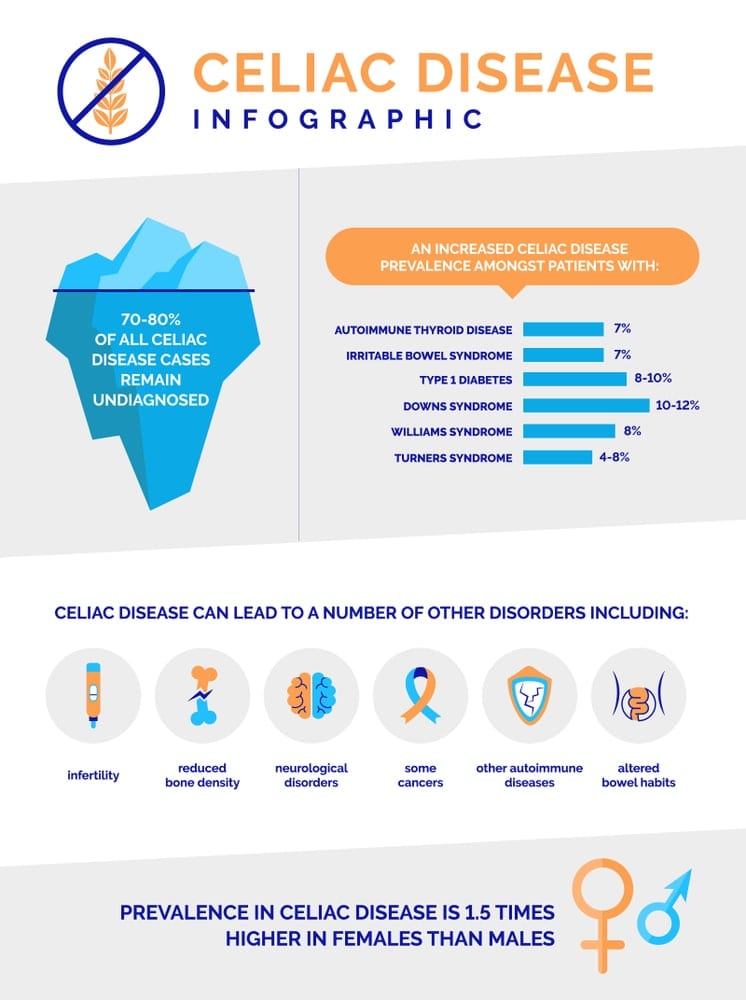Boulder City Gluten Intolerance Treatment
Boulder City Gluten Intolerance Treatment
Gluten intolerance is any condition related to, you guessed it— the inability to consume gluten. Such conditions as Celiac disease, wheat allergies, and gluten sensitivity all fall under this category. Gluten intolerance has long been the subject of speculation by medical professionals, many of whom at one time believed that symptoms of gluten intolerance were not caused by any significant medical condition (*sigh*). Fortunately, gluten intolerance has finally gained awareness over the last decade or so thanks to a growing body of research, and as a result, millions of people suffering from gluten-related diseases have been able to effectively relieve their symptoms.
Do you suspect that you may be gluten intolerant? Schedule a consultation with Dr. Chanu Dasari, a top Boulder City gluten sensitivity specialist. He will evaluate your symptoms and recommend the best treatment plan for you.
Gluten— What’s All The Hype?
Gluten has no doubt been made out to be a universal bad guy by certain interest groups. While gluten can be truly harmful to some people, it is actually just a basic protein compound found naturally in cereal grains such as wheat, rye, and barley. It is the piece of the chemical equation in baked foods that is responsible for their soft, chewy texture and delectable moisture. It also aids the leavening process of many breads and pastries. These and other desirable properties have also made it a useful additive in processed foods.
Gluten is present in many food products that we consume every day. While most are aware that it is found in wheat-containing products like bread, crackers, and pasta, it can also be found in some unexpected places like soy sauce, salad dressings, and even some wines.
Symptoms Of Gluten Intolerance
People with gluten intolerance are often led to believe that they are experiencing regular day-to-day discomforts. Unfortunately, this means that many suffering from gluten intolerance-related issues just try to get used to the irritating problems, which include:
- brain fog,
- headaches,
- frequent digestive issues,
- and skin problems.
Even more severe issues like depression can go untreated for years, and possibly never receive the proper attention they deserve. Joint pain is another common symptom to watch out for.
Experiencing any combination of these symptoms is a sure sign that you may be suffering from gluten intolerance.
Boulder City Gluten Intolerance Diagnosis
If you believe that gluten intolerance is the culprit of your discomfort, your physician will likely begin investigating by testing for Celiac disease, an autoimmune disease where the small intestine is damaged by gluten ingestion. Your doctor will probably take blood samples for lab analysis to test for gluten antibodies, and they may also recommend an endoscopy test to examine the lining of your small intestine for any abnormalities.
Gluten sensitivity is the next possible diagnosis in the event that you do not have Celiac disease. Since few proven testing methods exist, your doctor may have their own approach to diagnosing this issue. The most common test for gluten sensitivity is simply halting consumption of gluten and paying attention to how you feel. If your symptoms clear up, they will know that you do have gluten intolerance and you should continue your gluten-free diet.
Gluten Intolerance Treatment Options in Boulder City
The only known treatment that exists for gluten intolerance is following a strict gluten-free diet. Though gluten intolerance is more widely accepted as a legitimate medical concern than ever before, some medical experts don’t agree on the proper treatment regimen. Some doctors believe that all gluten should be 100% removed from the patient’s diet, while others believe that certain treatments can allow for the consumption of small amounts of gluten. Consult your physician for their opinion on additional treatment methods for gluten intolerance.
It is worth noting that eliminating gluten from your diet completely has no additional health benefits besides clearing up symptoms of gluten intolerance. If your test results come back negative, or eliminating gluten from your diet does not improve your symptoms, you may add it back into your diet.
Boulder City Gluten Intolerance Treatment Expert Dr. Chanu Dasari
Dr. Dasari is committed to providing the best care to all of his patients. He is an affiliate of Boulder City Hospital, providing the best inpatient and outpatient surgical care closest to his patients. If you believe that you may be suffering from gluten intolerance and would like to have your symptoms evaluated by Dr. Dasari, contact his clinic, Minimally Invasive Surgery, at (702) 602-6600 to schedule a consultation.










